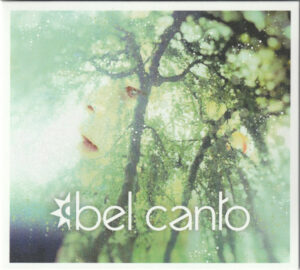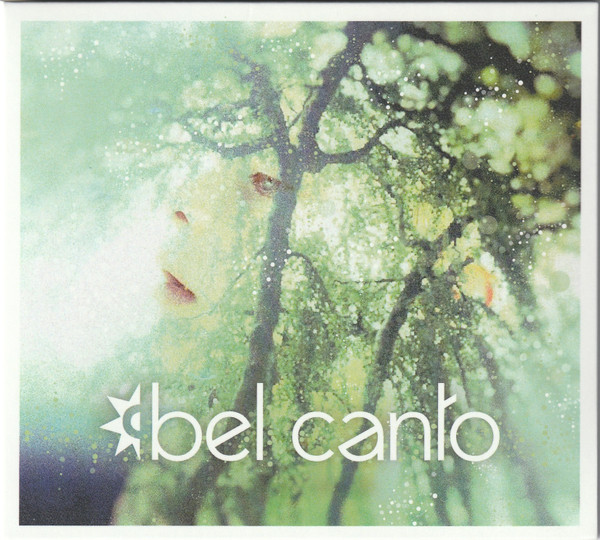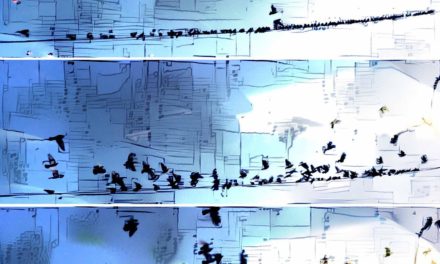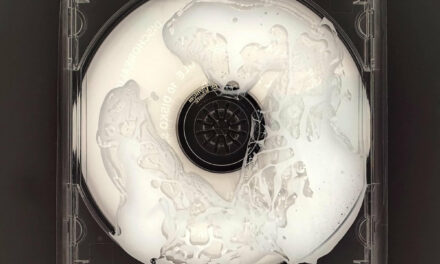
Bel Canto
Radiant Green
self-released
Twenty-two years is a very long hiatus between LPs. When you factor in some fifteen years of initial recording preceding that layoff, it’s no surprise that Norwegian duo Bel Canto now sit a great distance away from the combination of ethereal, darkwave, and dream pop which won over plenty of goths in the late 80s. Anneli Drecker and Nils Johansen’s broader contributions to the emergence of electro-pop are perhaps more representative of their larger legacy, but even with an awareness that it wouldn’t be a return to the likes of White-Out Conditions or Birds Of Passage (records which have been discussed extensively on this site and its podcast), Bel Canto have earned more than enough goodwill from me to be willing to follow them wherever new LP Radiant Green might be taking them.
If on 1992’s Shimmering, Warm and Bright that journey brought Bel Canto into folktronic and worldbeat territory, by 2004’s Dorothy’s Victory the more overt and grandiose elements of their arrangements had been pared down to a lounge/chillout style not unlike Hooverphonic. More than two decades on, Radiant Green marks the return of some of the lusher arrangements that marked their earlier work, but retaining the homey cosiness of their turn of the millennium discography.
Radiant Green begins with “Grass Mint Crisp”, a wistful and reflective lullabye delivered to the narrator’s daughter. And if the thematic difference between that song and the desperate plea for the mercy of euthenasia which opened 1989’s Birds Of Passage wasn’t enough of a reminder of how much has changed in the interim, mid-album low-key highlight “Virginia” will make things plain. “Virginia” finds an easy and amenable space between any number of softer ABBA ballads one could name and the soundtrack to a hypothetical exploration-driven indie game released for the Nintendo Switch. If that sounds like a criticism, I assure you it isn’t; conjuring that sort of mood and harmony as immediately as Bel Canto do on that track and many others on Radiant Green isn’t easy and is likely the product of years of experience. In this softer and more reflective mode, it’s easy to draw links between Bel Canto and their influences; while a certain amount of ‘essence du Cocteau’ has always hung around their margins, Fraser’s vocals and Guthrie’s guitar (specifically of the “Bluebeard” era) feel a bit more present here. But the influence Bel Canto’s had on later generations of vocal-driven synthpop and electro-pop comes across clearly as well, as on “Prince Of Insecuria”, the sort of song I might expect to be a slow-burn highlight on a Marsheaux record.
Referring to a sense of anxiety and pressure heading into the recording of Radiant Green, Drecker recently noted that “the record is an imprint of who we are today. We can’t pretend we’re…22 years old again…I don’t even remember who I was then.” It’s a smart decision, and as much as listeners like myself who were drawn to the starker and more dramatic style which made early Bel Canto tracks like “A Shoulder To The Wheel” immortal classics might wish otherwise, an artificial return to the band’s origins would seem forced and would lack the organic charm which Radiant Green has in spades.





